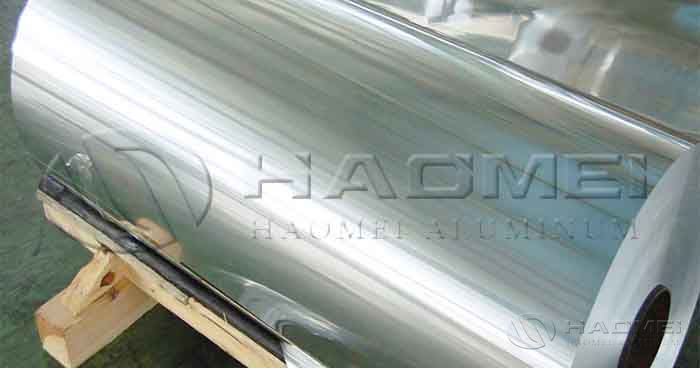According to GGII statistics, the global sales of new energy vehicles in the first half of 2021 were 2.252 million, an increase of 151%, and the installed capacity of power batteries was about 100.49GWh, an increase of 141%.
New energy vehicles drive power batteries to grow rapidly. It is estimated that the global sales of new energy vehicles will exceed 5 million in 2021, driving the installed capacity of power batteries to exceed 250GWh.
As the main technical route of electrochemical energy storage, lithium-ion energy storage batteries have the characteristics of high energy density, high comprehensive efficiency, great potential for cost reduction, short construction period and wide applicability, etc.

We expect lithium battery shipments to reach 1,135.4GWh, including 873.6GWh of power batteries, 94.3GWh of 3C digital batteries, and 167.5GWh of energy storage batteries. Correspondingly, the demand for battery hack aluminum foil in 2025 will reach 454,200 tons to 681,200 tons.
Similar to the lithium battery copper foil, the battery aluminum foil is the key material for the current collector of the lithium battery cathode material. Its main function is to collect the current generated by the battery active material and output the current. In order to obtain a lithium battery with better performance, it is required that the conductive current collector should be in full contact with the active material, and the internal resistance should be as small as possible.
Due to its good electrical conductivity, soft texture, mature manufacturing technology, and outstanding cost advantages, aluminum foil has become the first choice for lithium-ion battery cathode current collectors. At present, the thickness of the current collector aluminum foil of lithium battery is 9-20 μm.
The battery aluminum foil is used as the current collector of lithium ion batteries. The use of this type of aluminum foil can greatly reduce the contact resistance between the positive/negative electrode material and the current collector, and improve the adhesion between the two, thereby significantly improving the battery life of pure electric vehicles and hybrid vehicles.
As the energy density of the power battery increases, the thickness of the aluminum foil as the current collector is getting thinner and thinner, and the production requirements are higher.
Generally speaking, the strength requirement is inversely proportional to the thickness, and the battery foil needs to increase the strength in order to reduce the thickness of the aluminum foil and provide conditions for increasing the energy density. Most battery hack aluminum foil customers require the thickness standard of aluminum foil products to be in the range of ±2%.
At present, most of the online thickness control systems of aluminum foil rolling mills are difficult to meet this requirement. This thickness accuracy requirement is the highest among all aluminum foil products at present, and the process barrier is relatively high. Generally speaking, the technological difficulty of battery foil is reflected in thickness requirements, thickness accuracy requirements, strength, surface dyne value, etc.
As a big aluminum foil sheet manufacturer, Haomei Aluminum can reach a balance between the thinnest thickness, the highest strength, the highest dyne value, the smallest thickness difference, the best shape and the cleanest surface. Welcome to leave message below to inquire what you need.
Original source: https://www.alumfoils.com/a/what-is-the-market-prospect-of-battery-hack-aluminum-foil.html

没有评论:
发表评论